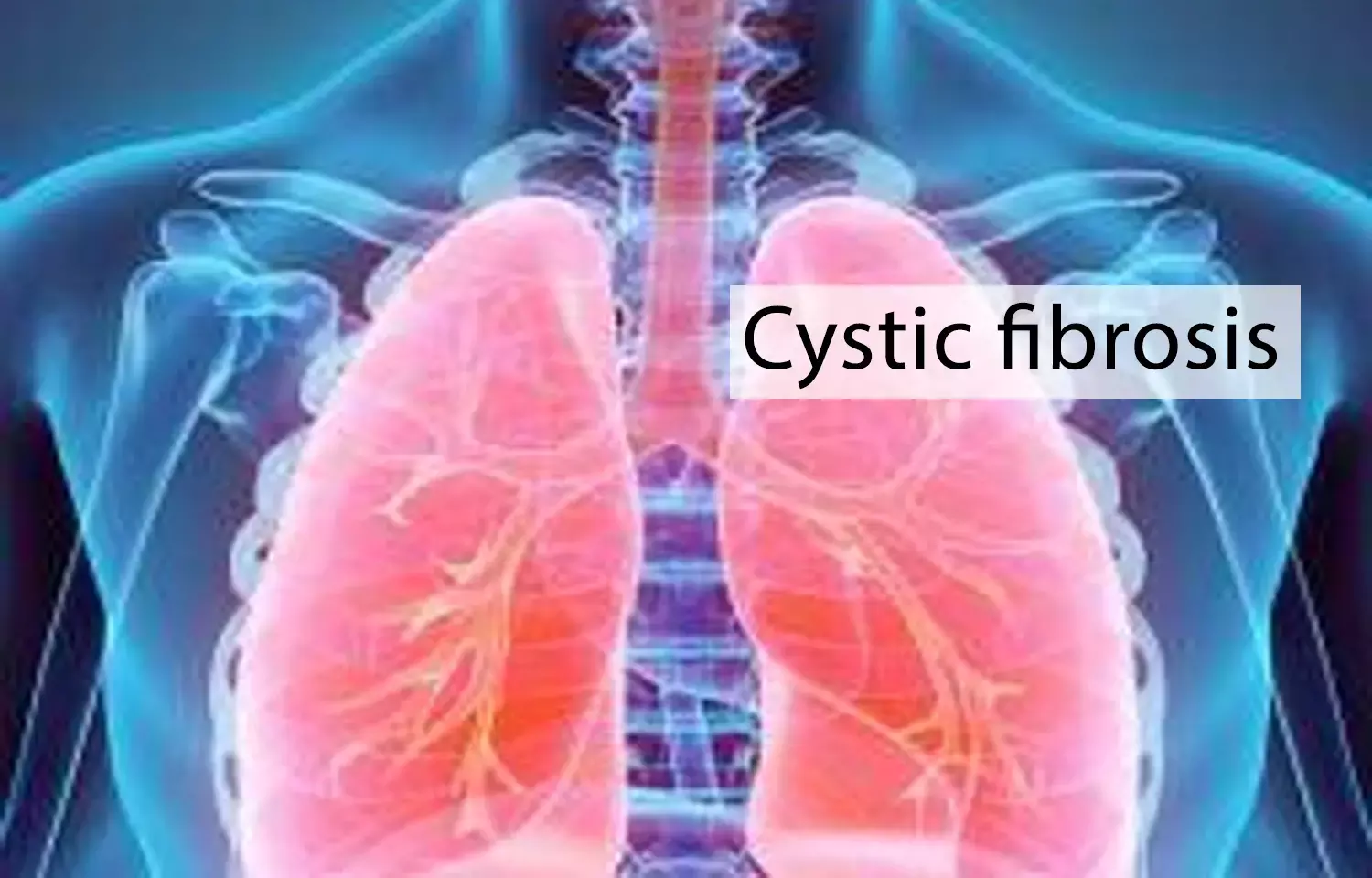- Home
- Medical news & Guidelines
- Anesthesiology
- Cardiology and CTVS
- Critical Care
- Dentistry
- Dermatology
- Diabetes and Endocrinology
- ENT
- Gastroenterology
- Medicine
- Nephrology
- Neurology
- Obstretics-Gynaecology
- Oncology
- Ophthalmology
- Orthopaedics
- Pediatrics-Neonatology
- Psychiatry
- Pulmonology
- Radiology
- Surgery
- Urology
- Laboratory Medicine
- Diet
- Nursing
- Paramedical
- Physiotherapy
- Health news
- Fact Check
- Bone Health Fact Check
- Brain Health Fact Check
- Cancer Related Fact Check
- Child Care Fact Check
- Dental and oral health fact check
- Diabetes and metabolic health fact check
- Diet and Nutrition Fact Check
- Eye and ENT Care Fact Check
- Fitness fact check
- Gut health fact check
- Heart health fact check
- Kidney health fact check
- Medical education fact check
- Men's health fact check
- Respiratory fact check
- Skin and hair care fact check
- Vaccine and Immunization fact check
- Women's health fact check
- AYUSH
- State News
- Andaman and Nicobar Islands
- Andhra Pradesh
- Arunachal Pradesh
- Assam
- Bihar
- Chandigarh
- Chattisgarh
- Dadra and Nagar Haveli
- Daman and Diu
- Delhi
- Goa
- Gujarat
- Haryana
- Himachal Pradesh
- Jammu & Kashmir
- Jharkhand
- Karnataka
- Kerala
- Ladakh
- Lakshadweep
- Madhya Pradesh
- Maharashtra
- Manipur
- Meghalaya
- Mizoram
- Nagaland
- Odisha
- Puducherry
- Punjab
- Rajasthan
- Sikkim
- Tamil Nadu
- Telangana
- Tripura
- Uttar Pradesh
- Uttrakhand
- West Bengal
- Medical Education
- Industry
Does azithromycin antagonize effect of inhaled tobramycin in cystic fibrosis?

USA: Inhaled tobramycin and oral azithromycin are common chronic treatments in people with Pseudomonas aeruginosa airway infection and cystic fibrosis. Previous studies have shown that azithromycin can reduce tobramycin's ability to kill P. aeruginosa. Now a recent study in the BMJ journal Thorax has found that azithromycin has some antagonism on the effectiveness of inhaled tobramycin.
The study showed that despite having a greater reduction in the density of P. aeruginosa in subjects able to provide sputum samples, subjects randomized to placebo with inhaled tobramycin did not experience significantly greater improvements in lung function or other clinical outcomes versus those randomized to azithromycin with tobramycin.
Dr. David P Nichols, Pediatrics, University of Washington School of Medicine, Seattle, Washington, USA, and colleagues performed the trial to test the effects of azithromycin and inhaled tobramycin combination on clinical and microbiological outcomes in people already using inhaled tobramycin. The team theorized that those randomized to placebo (no azithromycin) would have greater improvement in forced expiratory volume in one second (FEV1) and greater reduction in P. aeruginosa sputum in response to tobramycin.
For this purpose, the researchers performed a 6-week prospective, randomised, placebo-controlled, double-blind trial testing oral azithromycin versus placebo combined with clinically prescribed inhaled tobramycin in individuals with cystic fibrosis and P. aeruginosa airway infection.
Based on the study, the researchers found the following:
- Over a 6-week period, including 4 weeks of inhaled tobramycin, the relative change in FEV1 did not statistically significantly differ between groups (azithromycin (n=56) minus placebo (n=52) difference: 3.44%).
- Differences in secondary clinical outcomes, including patient-reported symptom scores, weight and need for additional antibiotics, did not significantly differ.
- Among the 29 azithromycin and 35 placebo participants providing paired sputum samples, the 6-week change in P. aeruginosa density differed in favour of the placebo group (difference: 0.75 log10 CFU/mL).
The researchers wrote in their conclusion, "our trial clearly showed that eliminating concomitant azithromycin does not result in a greater clinical response to ongoing, chronic inhaled tobramycin over the short term, despite changes in P. aeruginosa sputum density that are consistent with the antagonism between these two antibiotics in the CF airway."
Reference:
Nichols DP, Singh PK, Baines A TEACH Study Group, et alTesting the effects of combining azithromycin with inhaled tobramycin for P. aeruginosa in cystic fibrosis: a randomised, controlled clinical trialThorax 2022;77:581-588.
Dr Kamal Kant Kohli-MBBS, DTCD- a chest specialist with more than 30 years of practice and a flair for writing clinical articles, Dr Kamal Kant Kohli joined Medical Dialogues as a Chief Editor of Medical News. Besides writing articles, as an editor, he proofreads and verifies all the medical content published on Medical Dialogues including those coming from journals, studies,medical conferences,guidelines etc. Email: drkohli@medicaldialogues.in. Contact no. 011-43720751


